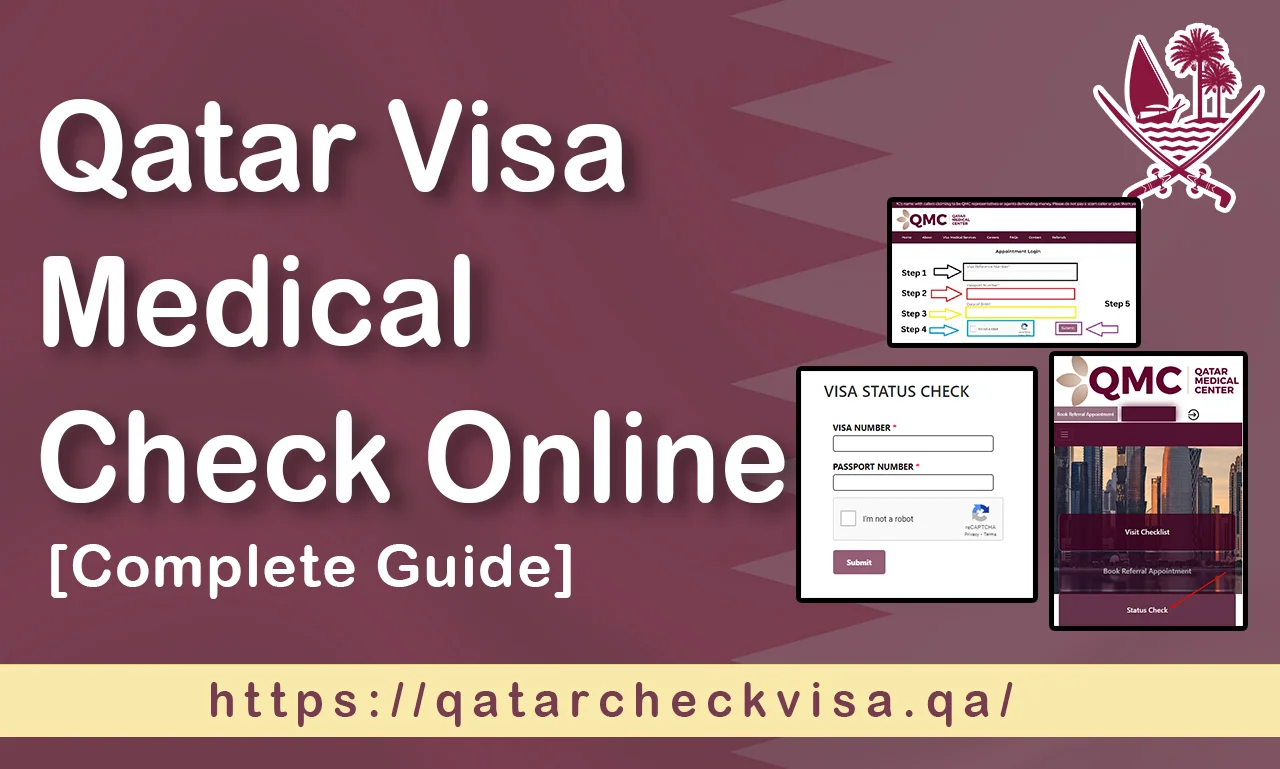When planning international travel, understanding visa health requirements is crucial. Many countries impose specific health-related criteria to prevent the spread of diseases and ensure the well-being of both residents and visitors. VISA HEALTH REQUIREMENTS This guide provides an overview of common health requirements for visas, including vaccinations, medical exams, health insurance, and tips for a smooth application process.
Common Health Requirements for Visas
Vaccinations
Vaccinations are a common health requirement for entry into many countries. These vaccinations help prevent the spread of contagious diseases. Some of the most frequently required vaccinations include:
- Yellow Fever: Mandatory for travelers coming from or transiting through countries with a risk of yellow fever transmission.
- Hepatitis A and B: Recommended or required for travelers to regions with high infection rates.
- Typhoid: Recommended for travelers visiting areas with poor sanitation.
- Polio: Required for travelers from countries where polio is endemic.
- Measles, Mumps, and Rubella (MMR): Often required for students or long-term residents.
Medical Examinations
Some countries require a medical examination as part of the visa application process. These exams ensure that applicants do not have serious communicable diseases or conditions that could burden the host country’s healthcare system. Common elements of a medical exam include:
- Physical Examination: A general health check-up to assess the applicant’s overall health.
- Chest X-ray: Often required to check for tuberculosis (TB).
- Blood Tests: Screening for diseases such as HIV/AIDS, syphilis, and other infectious diseases.
- Urinalysis: Testing for kidney function and other potential health issues.
Health Insurance
Proof of health insurance is a frequent requirement for visa applicants, particularly for long-term stays. Health insurance ensures that travelers can cover medical expenses in case of illness or injury during their stay. Requirements vary by country but typically include:
- Minimum Coverage Amount: A specified minimum coverage amount for medical expenses.
- Coverage Duration: The insurance must be valid for the entire duration of the stay.
- Repatriation Coverage: Insurance should cover repatriation of remains in case of death.
Specific Health Declarations
Certain countries require travelers to complete health declarations or questionnaires. These documents provide information about the traveler’s recent medical history, current health status, and any potential exposure to infectious diseases. This information helps authorities assess the health risks associated with admitting the traveler.
Tips for Meeting Visa Health Requirements
Research Requirements Early
Start researching the health requirements for your destination as early as possible. Visa health requirements can vary significantly between countries, and some vaccinations or medical exams may take time to schedule and complete.
Consult a Travel Health Specialist
Visit a travel health specialist or your primary care physician to discuss your travel plans. They can provide personalized advice on necessary vaccinations, medical exams, and other health precautions based on your destination and medical history.
Keep Vaccination Records Up-to-Date
Maintain an up-to-date record of all vaccinations and medical exams. WHY EVISA OVER ORDINARY VISA These records are essential for your visa application and can help avoid delays. Keep digital and physical copies of your vaccination certificates and medical reports.
Purchase Comprehensive Health Insurance
Choose a health insurance plan that meets the specific requirements of your destination country. Ensure the policy covers the entire duration of your stay and includes repatriation coverage if necessary. Carry proof of insurance with you at all times during your travels.
Complete Health Declarations Accurately
When required to complete health declarations or questionnaires, provide accurate and honest information. Misrepresentation can lead to visa denial or complications during your stay. If you have any health concerns, consult with your healthcare provider before completing these forms.
Conclusion
Understanding and complying with visa health requirements is essential for international travel. By familiarizing yourself with vaccination mandates, medical exam protocols, health insurance necessities, and health declarations, you can ensure a smooth visa application process and a safe, healthy trip. Proper preparation helps protect your health and the well-being of the communities you visit.
